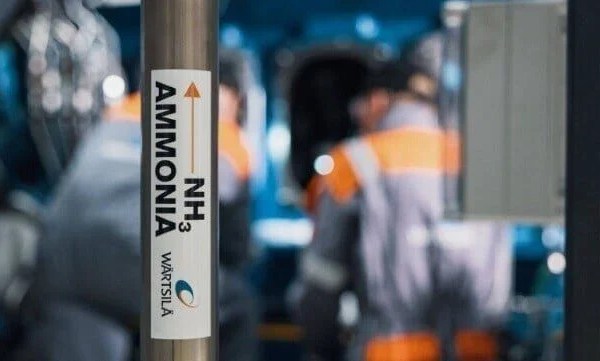
Feasibility Study Reveals Onboard Carbon Capture Potential for Shipping Decarbonization
A project led by OGCI, GCMD, and Stena Bulk assessed the feasibility of onboard carbon capture in shipping. REMARCCABLE found retrofitting OCCS on the Stena Impero could reduce CO2 emissions by 20% annually with minimal fuel penalty. Initial costs are high, but further research could make OCCS more viable. Collaboration is key to overcome challenges.












